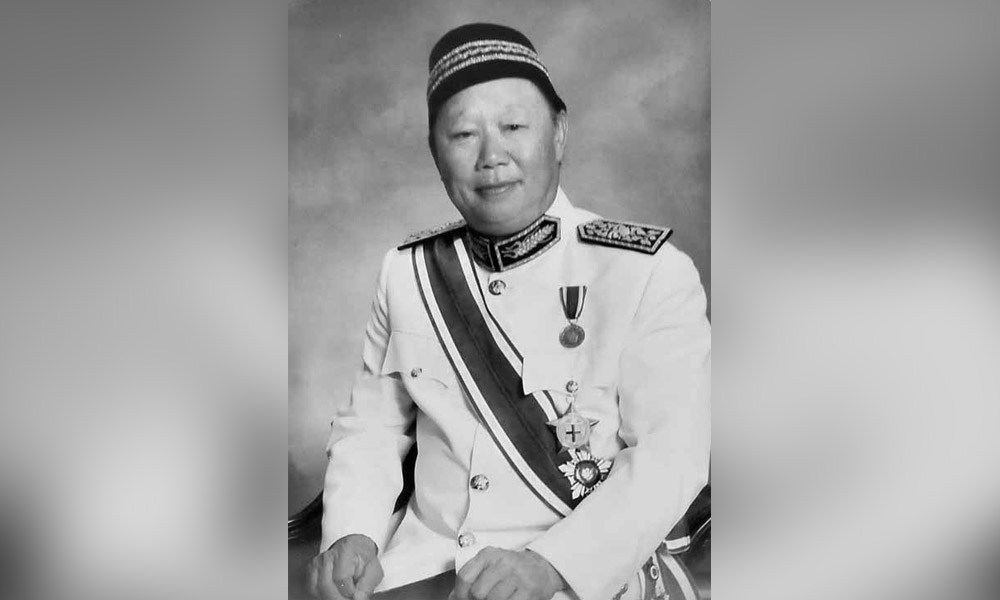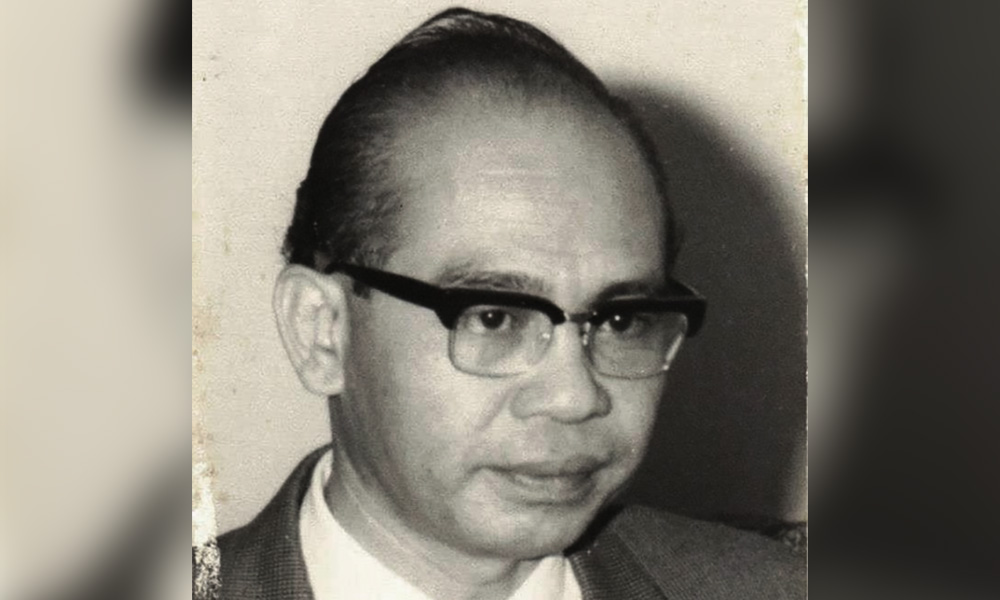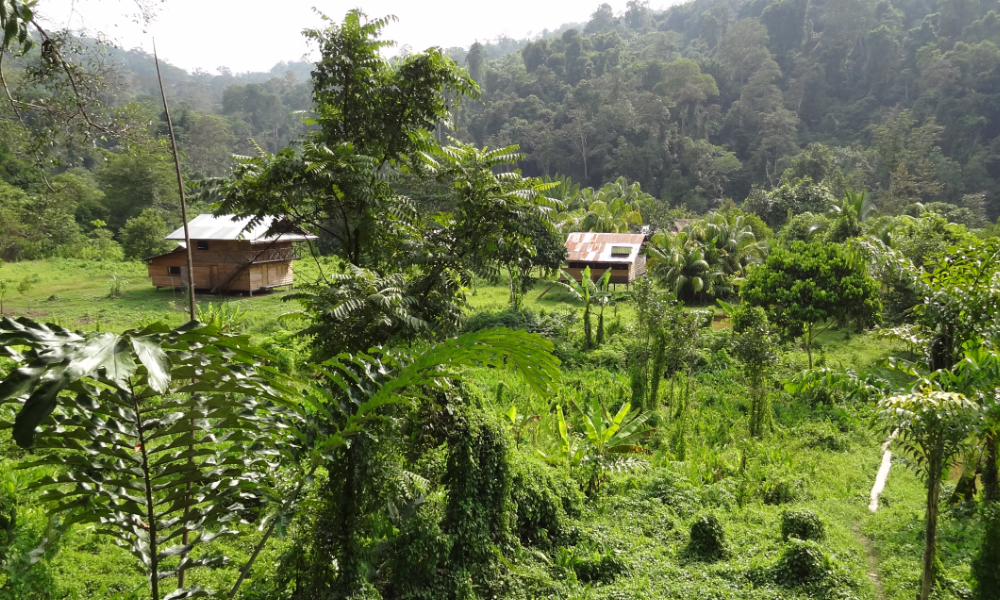There was once a man called Stephen Kalong Ningkan. He was the first elected chief minister of Sarawak but his brief “reign” was not without controversy.
He acted against attempts by Umno to spread its wings to Sarawak and also tried to initiate a land reform law that would allow the natives to sell their land to anyone.
Crucially, he also tried to sack a young Melanau leader called Abdul Taib Mahmud from his position as Sarawak’s communication and works minister.
Stephen’s attempt to consolidate his power backfired and, after a revolt by his coalition partners and even some representatives from within his party, he was unceremoniously dumped in 1966 under the looming threat of a no-confidence motion.
He is practically forgotten now but I do remember that this was told to me by Stephen’s former deputy chief minister, James Wong, when I flew to Kuching to interview him many years after the fact in the mid-2000s.

Wong himself had stood by Stephen’s Sarawak National Party (SNAP) and even became the federal opposition leader after the 1974 elections when SNAP was the main opposition party in Sarawak.
Following a two-year spell in Kamunting under the now-defunct Internal Security Act (ISA), Wong brought his party into the state government, which was then helmed by Taib’s uncle, Abdul Rahman Yaakob.

Despite being a Christian-majority state, its political leadership has been helmed by the Muslim minority ever since Rahman took over in 1970.
Familial connections
Ironically, after Rahman was nudged into retirement as governor, he engaged his one-time protege Taib in a failed leadership challenge known as the Ming Court Affair, which unfolded in 1987.
So anyway, Taib’s uncle was his predecessor and his brother-in-law Adenan Satem was his successor. And a couple of his children, namely Sulaiman and Hanifah, have been deputy ministers at the federal level.
Sarawak is one of those places that is rich with natural resources, yet still sparsely populated, with many indigenous groups living in remote locations.
Some of these groups are in danger of extinction due to their lack of numbers and institutional protection, Wong himself told me.

So sadly, Sarawak’s bountiful natural treasures have also made it ripe for exploitation, whether from white rajahs or white-haired rajahs.
Following Taib’s demise, condolences have poured in from ministers, who described it as a great loss to Sarawak and the country while the state government declared two days of mourning, during which flags would be flown at half-mast throughout the state, with entertainment events postponed.
Even DAP strongman Chong Chieng Jen expressed admiration for Taib’s tremendous contribution to the development of the state.
After all, when his family is in grief, it’s best to say something nice or nothing at all.
Activists or enemies?
I just want to say that I do remember some things a little differently. Like the barring of opposition politicians and activists from Sarawak, a practice which started under Taib’s rule.
From then-Bersih chief Ambiga Sreenevasan, former PKR leader Tian Chua and PSM’s S Arutchelvan, the lengthy list now even includes Chong’s party colleagues RSN Rayer and Teo Nie Ching.
I also remember Bruno Manser and Bill Kayong.

Swiss activist Manser came to Malaysia in the 1980s and became obsessed with the plight of the Penan, the nomadic tribe that lives in eastern Sarawak. They opposed the deforestation of their homeland and were mistreated as a result.
Manser, who lived with them for six years, became an articulate advocate of their struggle and helped call attention to it. For this, he was declared an enemy of the state in 1990 by Taib.
Despite restricted access, he continued his fight until May 2000 when he vanished near the Sarawak-Kalimantan border. He was declared legally dead five years later.
Land activist Kayong, a former Miri PKR secretary, was shot dead in a targeted killing at a traffic light in Kuala Baram on June 21, 2016.

Three men initially charged with abetting his murder have already been acquitted. The question remains as to why Bill Kayong was killed, if not for his activism against the all-powerful timber lobby.
Regional amnesia
What is clear to me is that something was rotten in the state of Sarawak, if not now, then at least back then.
I guess having a short memory is common enough.
Just take a look at our neighbours in Indonesia voting for the “reformed butcher” of a general, Prabowo Subianto.
The man was banned from travelling to the US for human rights violations and managed to complete a trilogy of involvement in the slaughters in East Timor, West Papua, and the Jakarta riots of 1998 during the Suharto dictatorship and yet he swans back in as president.
A typical person without knowledge of history and context will just remember that their lives improved from start to finish under Suharto, Lee Kuan Yew, Dr Mahathir Mohamad, Ferdinand Marcos Sr etc.
After all, each had 20-30 years - mostly part of a global economic boom, and the ordinary person’s life got better as long as they didn’t speak up against the varying degrees of authoritarian rule. - Mkini
MARTIN VENGADESAN is associate editor at Malaysiakini.



No comments:
Post a Comment
Note: Only a member of this blog may post a comment.